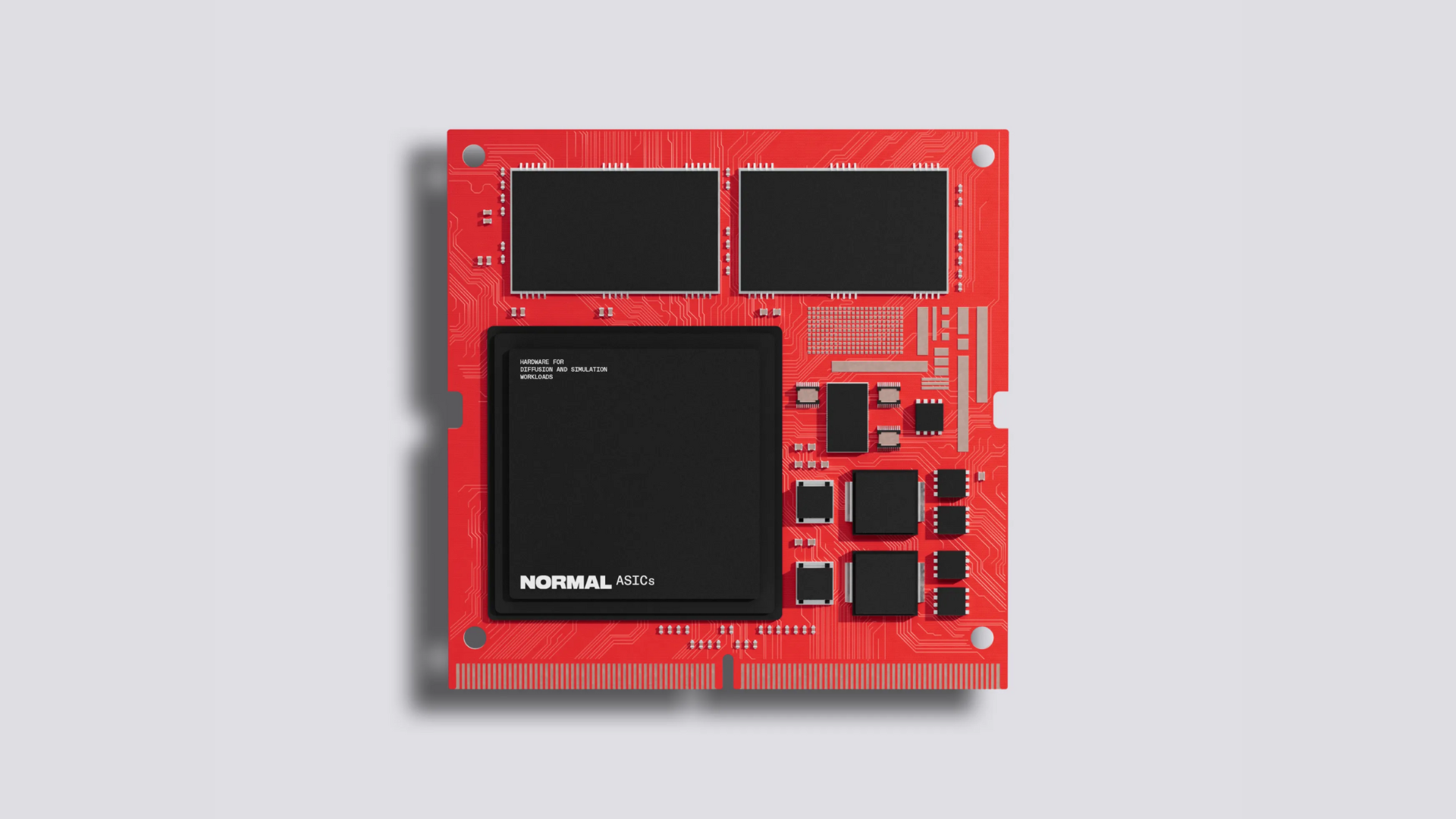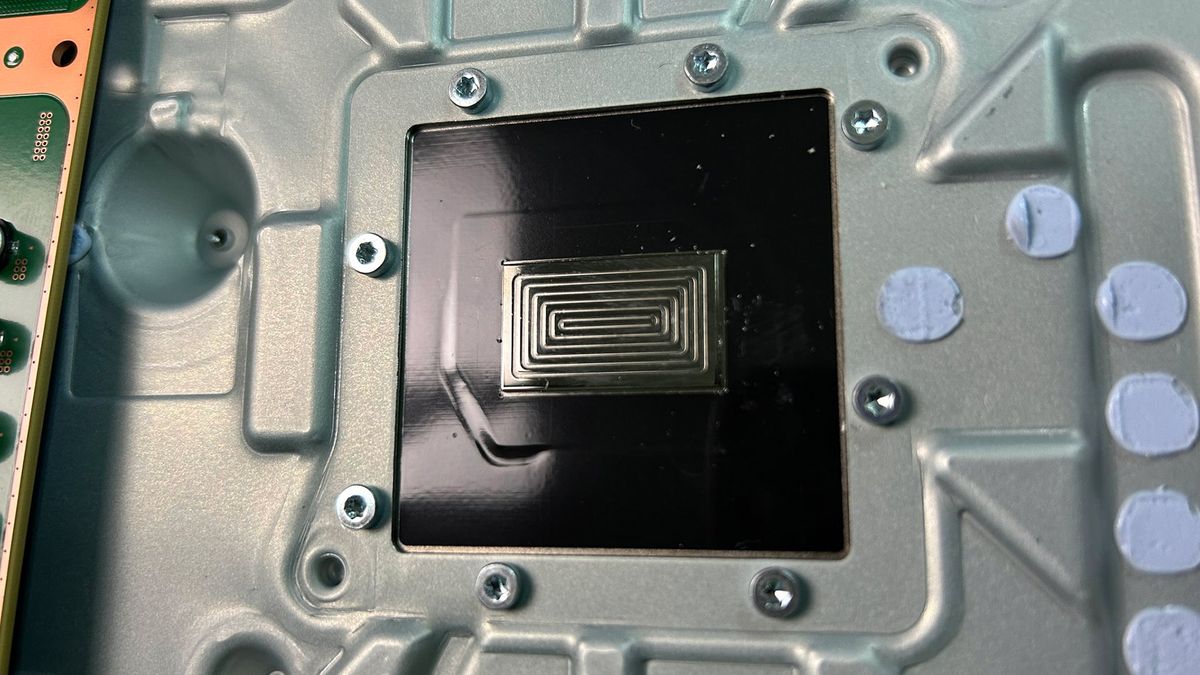Normal Computing has announced its successful tape-out of the world's first thermodynamic computing chip, called CN101. Designed for AI/HPC data centers, the ASIC is a step away from traditional silicon computation methods that uses thermodynamics (and other physics principles) to reach computational efficiency that traditional chips can't match.
Thermodynamic chips are a world apart from traditional computing — closer in practice to the realms of quantum and probabilistic computing. Where noise is the enemy of standard electronics, thermodynamic and probabilistic chips actively use noise to solve problems.
“We’re focusing on algorithms that are able to leverage noise, stochasticity, and nondeterminism,” said Zachary Belateche, silicon engineering lead at Normal Computing, in a recent interview with IEEE Spectrum. “That algorithm space turns out to be huge, everything from scientific computing to AI to linear algebra."
As IEEE Spectrum explains, the components of a thermodynamic chip begin in a semi-random state. A program is fed into the components, and once equilibrium is reached between these parts, the equilibrium is read out as the solution. This computation style only works with applications that involve a non-deterministic result; thermodynamic chips will not be used to access web browsers, but various AI tasks, such as AI image generation and other training tasks, thrive on this hardware.
CN101, the newly taped-out chip from Normal, is specifically aimed at efficiently solving linear algebra and matrix operations, as well as utilizing a Normal-specific sampling system for solving other probabilistic computations. These tasks are specific to the AI training needs of the modern data center, achieving up to 1000x energy consumption efficiency in these workloads.
Normal's goals for thermodynamic computing and its physics-based ASICs like CN101 is for a world where AI training servers contain all of the parts needed for the most efficient solutions to every problem: CPU, GPU, thermodynamic ASIC, and even probabilistic and quantum chips so that every problem meets its closest solution. Normal's roadmap for the CN line includes releases in 2026 and 2028, to scale up to deeper and more often used photo and video diffusion models.
As silicon computing continues to march towards its inevitable smallest-possible size — and as the world's AI data center needs grow ever greater — a host of alternative computational technologies are rising up to meet demand. Silicon photonics is currently one of the hottest tech developments in the space, while non-deterministic chips like quantum still seem like a pie in the sky. Before we know it, Normal's thermodynamic chips may become a major part of a breakthrough wave of new chip technologies.
Follow Tom's Hardware on Google News to get our up-to-date news, analysis, and reviews in your feeds. Make sure to click the Follow button.

 3 months ago
61
3 months ago
61






 English (US) ·
English (US) ·